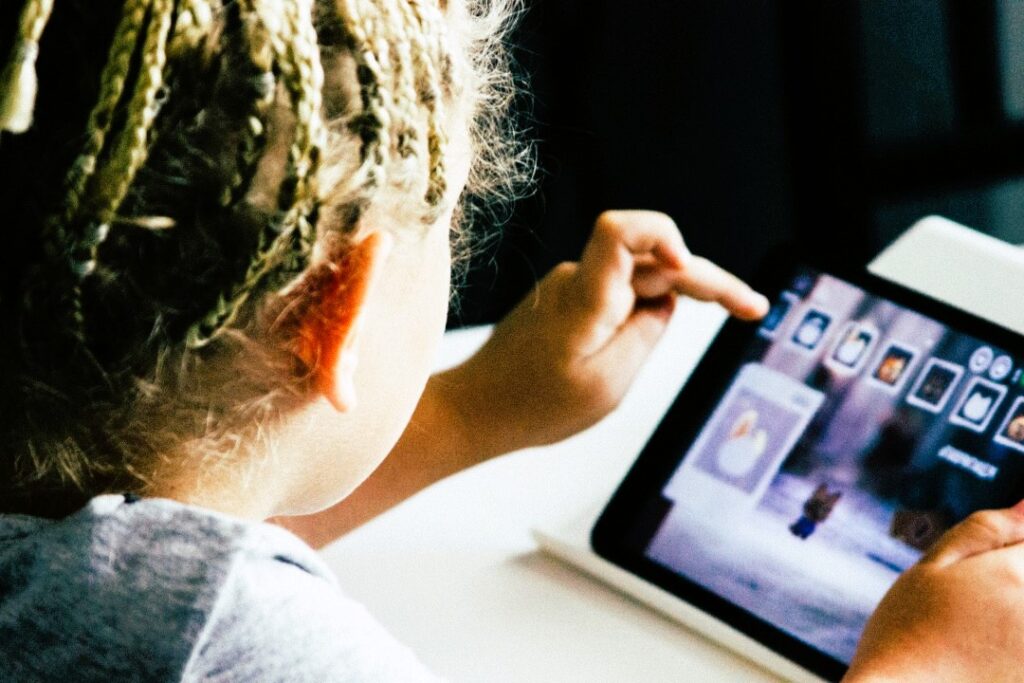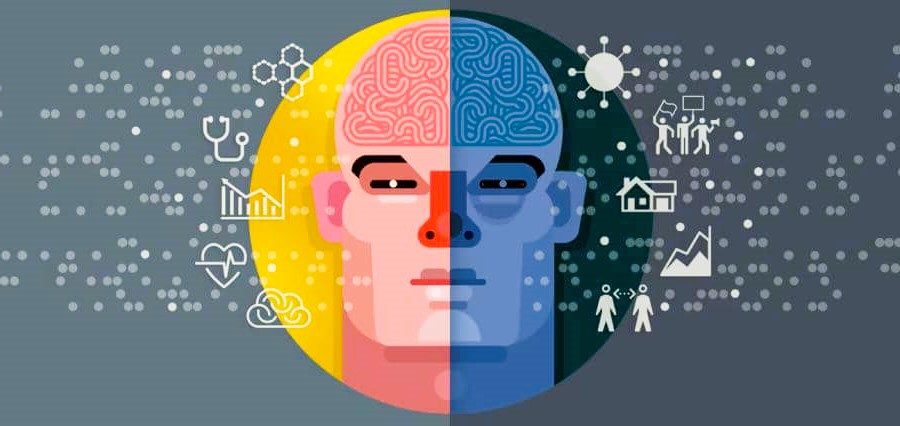Gaming and Mental Health: Finding Balance in a Digital World

In recent years, the intersection of gaming and mental health has garnered significant attention from researchers, psychologists, and gamers alike. While video games are often criticized for their potential negative effects on mental health, they also offer unique benefits that can enhance well-being. Understanding this duality is crucial for gamers and their families as they navigate the complex world of digital entertainment. This article explores the relationship between gaming and mental health, the potential risks and benefits of gaming, and strategies for finding balance in a digital world.
The Rise of Gaming
The gaming industry has exploded over the past few decades, evolving from simple arcade machines to complex, immersive experiences that can engage millions of players worldwide. With advancements in technology, gaming has become more accessible, with options available on consoles, PCs, and mobile devices. According to recent studies, over 3 billion people globally play video games, making it a prominent form of entertainment. The increasing popularity of gaming raises important questions about its impact on mental health.
The Benefits of Gaming
1. Stress Relief and Relaxation
Many people turn to video games as a form of escapism, providing a much-needed break from the stresses of daily life. Engaging in gameplay can help individuals unwind, allowing them to immerse themselves in different worlds and narratives. This temporary escape can be a healthy way to cope with stress, as long as it does not replace other coping mechanisms or responsibilities.
2. Social Connections
Contrary to the stereotype of the isolated gamer, many video games encourage social interaction. Multiplayer games and online communities provide opportunities for players to connect, collaborate, and build friendships. Research has shown that these social connections can enhance feelings of belonging and support, contributing positively to mental health. Engaging with others in gaming can help combat loneliness and provide a sense of community.
3. Cognitive Benefits
Gaming can also improve cognitive skills such as problem-solving, critical thinking, and spatial awareness. Many games require players to strategize, adapt, and make quick decisions, honing their mental agility. These skills can be beneficial not only in gaming but in everyday life, helping individuals navigate challenges more effectively.
4. Therapeutic Uses
Some mental health professionals have begun to explore the use of video games as therapeutic tools. Games designed for therapeutic purposes can help individuals address issues like anxiety, depression, and PTSD. For example, “Journey” and “Celeste” have been used in therapeutic settings to facilitate discussions about emotions and mental health.
The Risks of Gaming

1. Addiction and Compulsive Behavior
One of the most significant concerns surrounding gaming is the potential for addiction. The immersive nature of games, coupled with reward systems, can lead some individuals to engage in compulsive gaming behavior. The World Health Organization (WHO) has recognized gaming disorder as a mental health condition, characterized by impaired control over gaming, increasing priority given to gaming over other activities, and continuation or escalation of gaming despite negative consequences.
2. Social Isolation
While gaming can foster social connections, excessive gaming can lead to social isolation. Individuals who prioritize gaming over face-to-face interactions may find themselves disconnected from friends and family. This isolation can exacerbate feelings of loneliness and depression, leading to a detrimental cycle that negatively impacts mental health. Like this article? Read also about Gaming Trends.
3. Negative Impact on Sleep
Many gamers find themselves playing late into the night, often sacrificing sleep for gameplay. Sleep deprivation can lead to a host of mental health issues, including increased anxiety, irritability, and difficulty concentrating. Establishing a healthy sleep schedule is essential for overall well-being.
4. Exposure to Toxic Environments
Online gaming can sometimes expose players to toxic environments, including harassment, bullying, and toxic behavior from other players. This negative social interaction can lead to feelings of distress, anxiety, and low self-esteem, particularly for vulnerable individuals.
Finding Balance in a Digital World
To harness the positive aspects of gaming while mitigating the risks, it is essential to find a healthy balance. Here are some strategies for gamers and their families:
1. Set Time Limits
Establishing boundaries around gaming time can help prevent excessive play. Parents should work with their children to create a balanced schedule that includes time for other activities, such as homework, physical exercise, and social interactions. Setting specific gaming hours can promote a healthier relationship with gaming.
2. Choose Games Wisely
Not all games are created equal. Parents and gamers alike should consider the content and social environment of the games they play. Opting for games that encourage positive interactions, creativity, and problem-solving can enhance the benefits while minimizing potential risks.
3. Foster Open Communication

Open dialogue about gaming and mental health is crucial. Parents should encourage children to share their gaming experiences and feelings, fostering an environment where they feel comfortable discussing any negative experiences or emotions associated with gaming.
4. Encourage a Variety of Activities
Incorporating diverse activities into daily routines can help prevent gaming from becoming the sole focus. Encouraging outdoor activities, sports, reading, and creative pursuits can create a more balanced lifestyle, reducing reliance on gaming for entertainment.
5. Monitor Mental Health
Gamers should be aware of their mental health and recognize when gaming becomes detrimental. Self-reflection and mindfulness can help individuals identify signs of stress or addiction. Seeking professional help if gaming negatively impacts mental health is crucial.
6. Take Breaks
Encouraging regular breaks during gaming sessions can help prevent fatigue and maintain focus. The 20-20-20 rule, which suggests taking a break every 20 minutes to look at something 20 feet away for 20 seconds, can help reduce eye strain and promote overall well-being.
Gaming can be a double-edged sword, offering both benefits and risks for mental health. By understanding the complexities of this relationship, gamers can make informed choices that promote well-being. Finding a balance in a digital world requires self-awareness, open communication, and a commitment to a healthy lifestyle. As gaming continues to evolve, so too must our understanding of its impact on mental health, ensuring that it remains a positive and enriching part of our lives.
For more information about the impact of gaming on mental health, you can visit Wikipedia.



